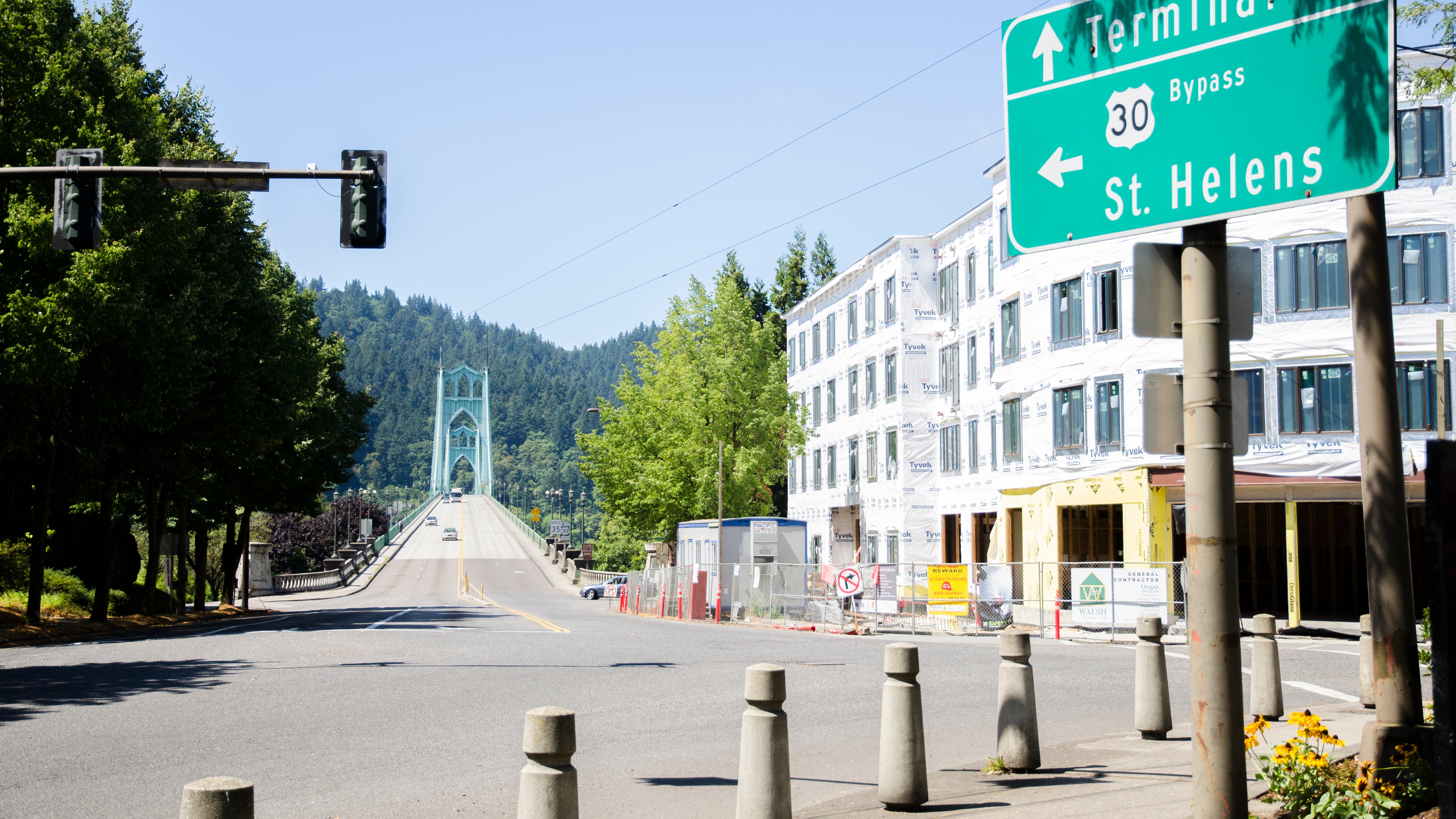The Metro council is expected to vote this afternoon to refer a $652.8 million affordable housing bond to voters.
But in a last-minute lobbying effort against the bond, Washington County Chairman Andy Duyck this week wrote to the Metro councilors arguing against the measure.
"Unlike Portland's affordable housing measure, Metro's affordable housing measure will garner opposition in this election," Duyck wrote in a June 5 email, referring to a political action committee that's already been set up to oppose the proposed bond.
(There is indeed a political action committee called "Affordable Housing for WHO?" officially registered.)
The bond would cost $60 a year for the average Metro-area home (with an assessed, as opposed to market, value of $250,000), and build at least 2,400 units of housing. (It would build 3,900 units if a separate constitutional amendment is passed.)
In his email, Duyck cited polling that showed only 49 percent supporting the bond. But he acknowledged in a subsequent exchange with Metro Council President Tom Hughes that his numbers might be questionable.
"I have also been informed that some believe our polling data to be a push poll," Duyck wrote to Hughes on June 7. "This is partially true. The original questions though, were far from a push poll, and reflected baseline attitudes."
Duyck also argued against the bond on a more philosophical level:
"Although few people think beyond the phrase 'we have to do something,' there is little acknowledgement that an increase in taxes helps few, but hurts many," he wrote.
Hughes, a former mayor of Hillsboro, has worked with Duyck on a variety of issues over the past two decades. He pushed back on Duyck in a June 6 email, saying that Metro needed to address years of "inaction":
"More than 27,000 of my constituents do not have secure housing," Hughes wrote. "My recollection is that 8,000 of them are also your constituents, including more than 2,000 children. Are you suggesting that we put off secure housing for those 2,000 kids for another two years or more so that we can debate a different solution? How much longer can we let them wait, knowing that their academic performance is suffering as they worry about life at home and changing schools every few months?"
Portland passed a $258 million bond in November 2016.
